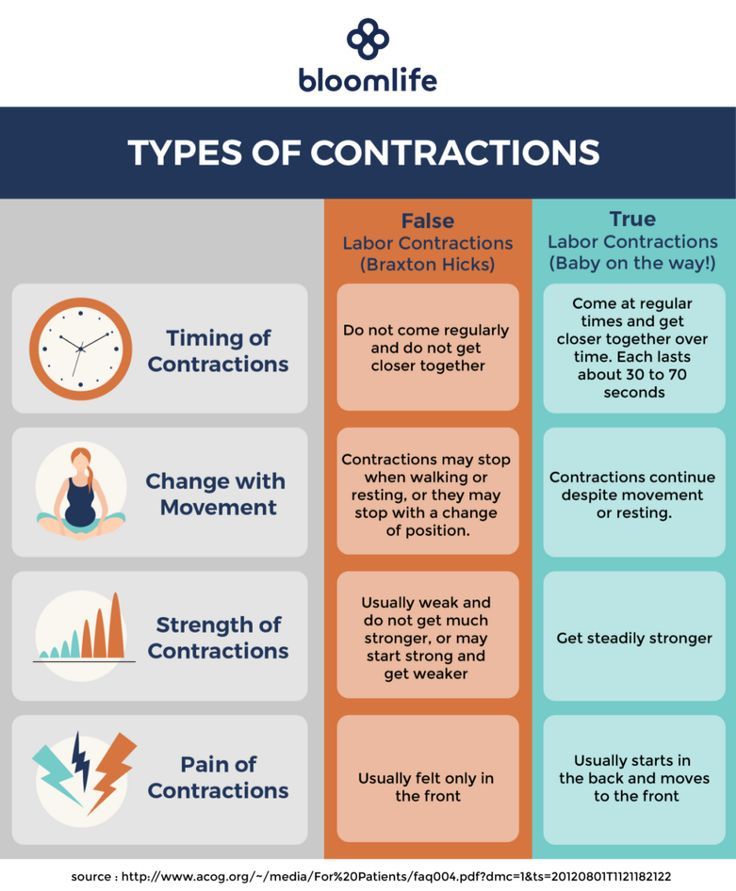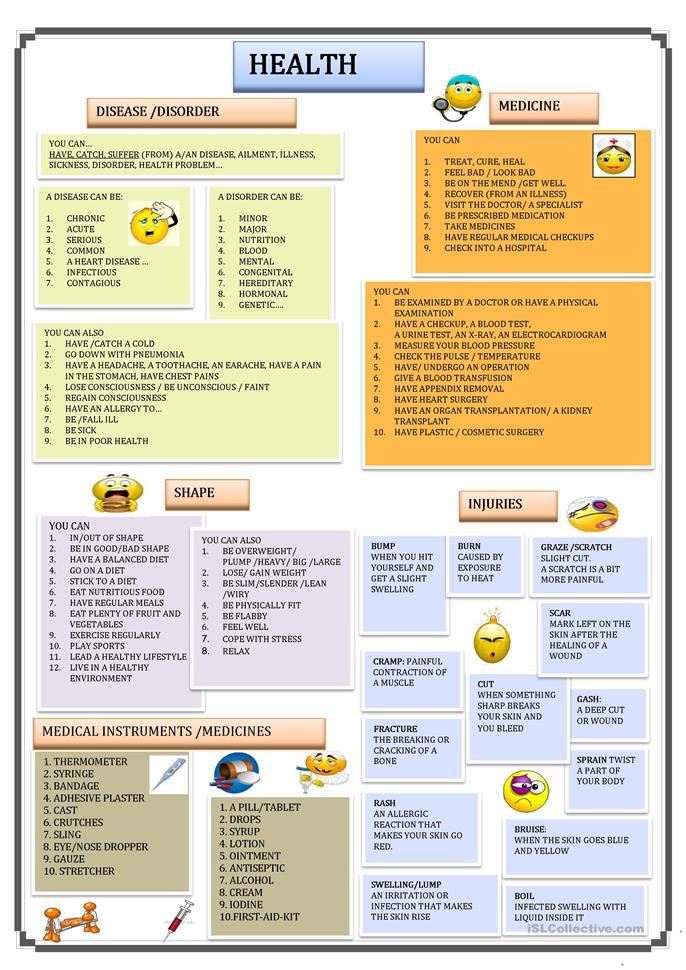How to inspire a child
Science-Based Approaches for Parents, Caregivers, and Teachers
Briefs
What’s the best way to motivate children? The intrinsic motivation to learn about the world around us begins in infancy. This type of motivation can either be encouraged or suppressed by the experiences adults provide for children. Psychological research points to a set of promising approaches that parents and practitioners can use to promote positive motivation and learning during development.
For more in-depth information about the science of motivation, read “Working Paper 14: Understanding Motivation: Building the Brain Architecture That Supports Learning, Health, and Community Participation.”
-
Follow babies’ lead.
Babies naturally orient toward novel objects and events. They look away from objects that are overly familiar, but also from new ones that are too complex.
This is sometimes called the “Goldilocks effect:” things are interesting when they are novel, but not too novel. When interacting with infants, notice what they pay attention to, and engage with them around their interests.
-
Elicit curiosity.
Even infants seek to explore objects—especially those that behave in surprising ways. When they drop something on the floor or throw it, they’re trying to see what will happen next. Provide children with opportunities to interact with new objects—and let them lead and learn!
-
Encourage children’s playful exploration.
When given the opportunity, children of all ages spontaneously engage in play.
 The ingredients of play are precisely the ones that fuel learning: play is intrinsically motivating, it presents an opportunity for novel experiences and for learning from others, it requires active engagement, and it can strengthen social bonds and reduce stress. When life is busy or chaotic, it can be hard to find the time and space to encourage children’s play, but this is an important aspect of development.
The ingredients of play are precisely the ones that fuel learning: play is intrinsically motivating, it presents an opportunity for novel experiences and for learning from others, it requires active engagement, and it can strengthen social bonds and reduce stress. When life is busy or chaotic, it can be hard to find the time and space to encourage children’s play, but this is an important aspect of development. -
Prioritize social interaction during learning.
In the digital age, there are many educational, computer-based applications designed for children, even as young as 6 months. However, even the best-designed and most effective apps cannot replace real-life social interactions with adults and peers. In one study, babies learned elements of language more effectively when face-to-face with a teacher or on video.
 Recent research shows that young children can learn from digital media, such as touch-screen tablets, but social interaction during this learning experience appears to be essential.
Recent research shows that young children can learn from digital media, such as touch-screen tablets, but social interaction during this learning experience appears to be essential. -
Challenge children just enough.
Kids are motivated to work toward achievable goals. From infancy onward, effort is required to sustain motivation, but success must be possible. They lose motivation when a task is too easy, but also when it is so difficult as to be insurmountable. Video games harness this basic principle of learning effectively, constantly increasing the level of challenge based on an individual child’s performance. Try to adapt a challenge according to a child’s current capabilities, and provide prompt feedback on his or her performance.
-
Give children agency.

Children are more motivated when they have some degree of self-determination, and can elect to pursue tasks that are personally meaningful. When they have a choice of projects, or at least a little wiggle room as to how a task gets done, children are more likely to stay engaged.
-
Provide incentives only when necessary.
When children are suddenly rewarded for something they enjoy and do freely, they may begin to do it only when they know they will be compensated afterwards. Wherever possible, harness children’s natural curiosity and inclination to work toward an achievable goal, rather than promising a reward.
-
Praise the process rather than the outcome.
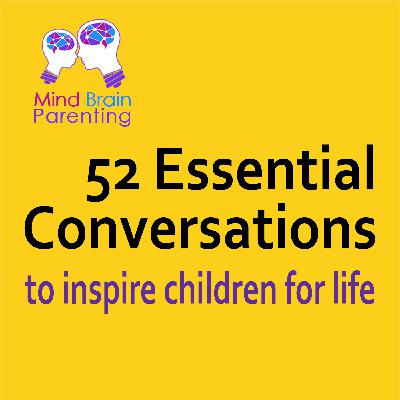
When we praise children for their intellect or skill level—or the grade or gold medal they received—it can lead to a performance orientation. They may be motivated to achieve more rewards, but they may also learn to shy away from challenging activities that they might not excel at, for fear of negative evaluation. Performance pressure increases as children move up in school, and it is associated with depression and anxiety in addition to diminished joy of learning. When we praise children for their effort and help them see falling short as an opportunity to learn and improve (rather than simply focus on the outcome), they will be more motivated to work hard and more likely to believe that they can achieve what they put their mind to.
-
Maintain a close connection with adolescents.

Adolescence is a period when many young people take risks and push boundaries. This trend reflects, in large part, a natural inclination toward novel and exciting experiences that maximize learning opportunities and are important in making the transition to independence. As teens become more motivated by the approval of their peers, it can be socially rewarding to follow risk-taking leaders or stand out by breaking boundaries. However, teens with close family relationships are less prone to risk-taking. High parental support and open dialogue are associated with fewer problem behaviors, including less substance abuse and delinquency. Be empathetic and supportive, knowing that youth are going through changes in their brains, bodies, and social relations that can make risky behavior appealing to them. Keep the lines of communication open—and keep close tabs on teens.
Subscribe to our mailing list
Related Topics: motivationExplore Related Resources
10 Ways to Inspire Your Children
Children are the precious bridge between the past and the future.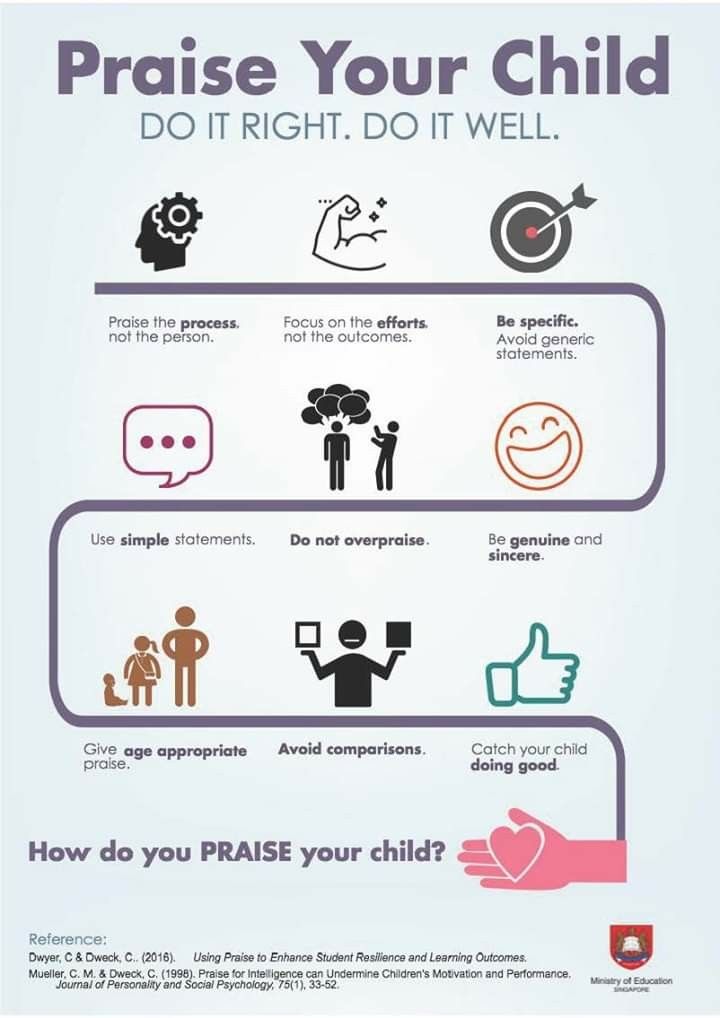 We have them with us for several years and during that time have the opportunity to teach, support, nurture, and inspire them as they mature and set out upon life on their own terms. Being a parent is an honor and a sacred duty. Sometimes, in the course of daily living, and sometimes because life challenges us personally, our parenting mindfulness slips and we just let things go. But we need to come back to what our goal is with our children—to raise healthy, happy, independent children to become healthy, happy, independent adults.
We have them with us for several years and during that time have the opportunity to teach, support, nurture, and inspire them as they mature and set out upon life on their own terms. Being a parent is an honor and a sacred duty. Sometimes, in the course of daily living, and sometimes because life challenges us personally, our parenting mindfulness slips and we just let things go. But we need to come back to what our goal is with our children—to raise healthy, happy, independent children to become healthy, happy, independent adults.
I particularly like the word “inspire”. The word inspire means to encourage or motivate. But inspire also means to “breathe life into” and this is especially apropos when it comes to children. We give them life but we need to constantly breathe meaning into their lives. Anything you teach or show a child has the ability to breathe new meaning into their existence, to open their eyes to new possibilities and new ways of thinking and feeling.
There are so many ways we can show our children what life can be at its best and what they can aspire to become at their best.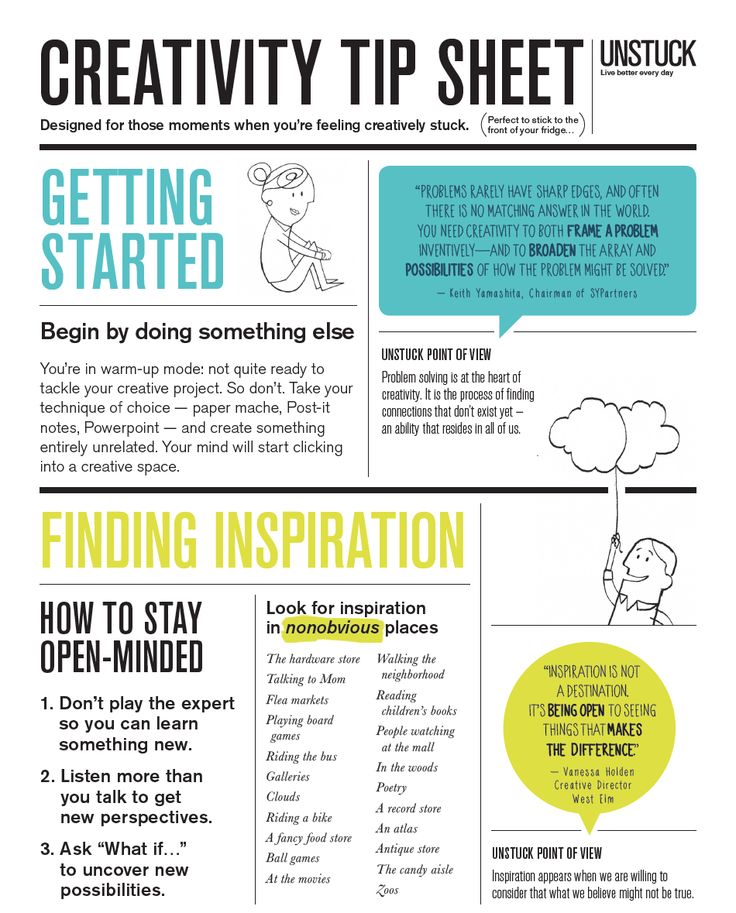 Here are but a few that will get you thinking about what you can do any day, every day to help your child feel inspired and excited as they embark on their own journey of a lifetime.
Here are but a few that will get you thinking about what you can do any day, every day to help your child feel inspired and excited as they embark on their own journey of a lifetime.
It’s essential that we as parents, and individuals, understand who we are to some degree— what makes us tick, what our beliefs are, how we excel and are our weaknesses. Having some insight into ourselves can help us deal with life and all of its ups and downs. If your life is a mess and you haven’t learned coping skills to get through it, then dealing with children will inevitably become a much larger task. In fact, you may find yourself competing with your child for your time and effort— who comes first, your problems and challenges, or your child’s?
Lead by example. Show your children you respect yourself, that you care about what happens to you and your wellbeing. They will learn from seeing how you live your life, how you treat yourself. Don’t think for a minute that because your child is very young, they can’t see what’s happening around them.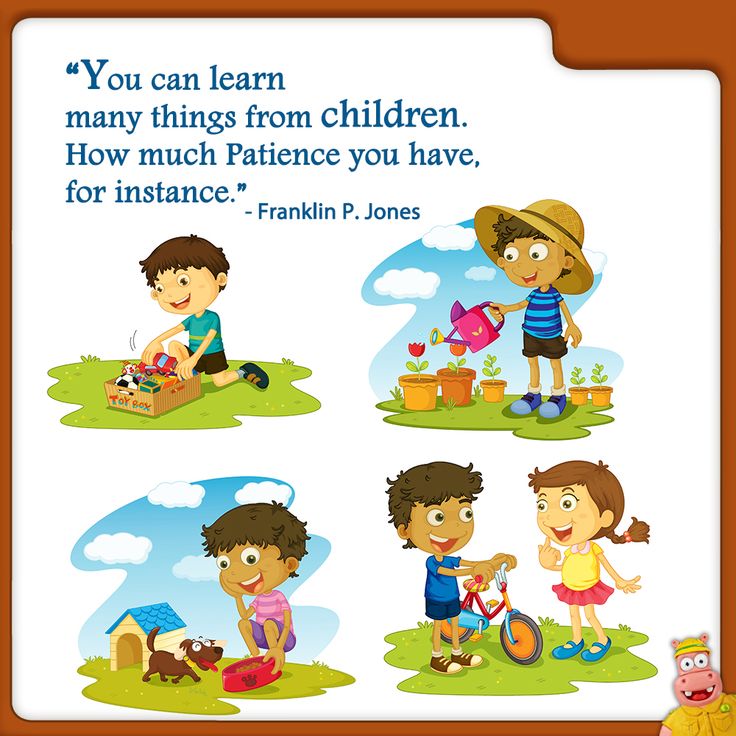 They’re taking it all in. They’re watching you very carefully.
They’re taking it all in. They’re watching you very carefully.
Kahlil Gibran wrote, “Your children are not your children. They are the sons and daughters of Life’s longing for itself. They come through you but not from you, And though they are with you yet they belong not to you.”
Often, parents see their children as extensions of themselves, as a mini-me, not as the separate individuals they are. Some parents feel that they “own” their children and that a child owes the parents for their lives. Some parents feel that they have the right to influence and mold children in their exact image. And this is frequently a problem when a child wants to do, think, feel differently than their parents. This can be taken so personally that the child is seen as being ungrateful, difficult to deal with, disrespectful, and conflict between parent and child may become a regular thing.
It’s essential to accept that your children may hold pieces of you within themselves but they are not you, and never should be seen in that way. Because a child is very different from you does not mean that you are not obligated to recognize this difference and make a special effort to encourage what is special about your child.
Because a child is very different from you does not mean that you are not obligated to recognize this difference and make a special effort to encourage what is special about your child.
Being touched is essential to humans and animals. Being hugged, held, kissed is something most of us crave throughout our lives. For children especially, touching is a way to feel comforted, calmed, and cared for. In our very busy lives, trying to handle the many things that we have to deal with each day, we may forget to take the time to give undivided attention and affection to our children, if only for a few moments. Even small gestures toward your child may be enough to show them you are present for them. Showing affection to others—your spouse, parents, friends—sends a message to your children about how to communicate with others you care for in your life.
Show your child they are loved through your actions and your words. Say, “I love you” frequently.
Think before you say anything you may later regret. Lashing out with harsh words, criticism, and judgment may be what you feel like doing, but don’t. There will be many times and circumstances when your child will frustrate, anger, and disappoint you. That’s a given. Take the time to be patient and practice restraint. You may feel the need to discipline your child but it should never be because you are frustrated and angry in your own life and your child is just an easy target. Words hurt as badly as actions and sometimes more. There is no place for physical abuse. Period.
Praise your child.Tell your child whenever he/she shows effort, consideration, and practices positive action. Taking responsibility for their own well being, showing care and concern for others, doing well in school, helping around the house, undertaking a new project, etc. need to be recognized, acknowledged, and encouraged.
A child’s special gift, talent, interest, or passion should be encouraged and praised, especially when there is ongoing effort and progress being made. Children need to be given the tools to help them creatively pursue the things that grab their interest and let their personality shine through. Give your child the opportunity to do what they enjoy. Likewise, praising your child for their unique inherent qualities is essential. All of us are born with something special about us but unfortunately, these qualities unrecognized and unacknowledged, will slowly die on the vine.
Be human.As a person and as a parent we will inevitably make mistakes. Openly acknowledge that you can be wrong, that you jumped to an incorrect conclusion, that you had a bad day, that you have weaknesses and flaws. We all do—it’s simply part of being human. When you show your children who you are, not only as a parent, but as a human being, it gives them the ability to be who they are and to learn to practice compassion toward others. Being a parent is not the same as superhero. Don’t let your child think you are perfect and nothing can go wrong. It sets the bar impossibly high and gives them the false notion that they must strive for perfection.
Being a parent is not the same as superhero. Don’t let your child think you are perfect and nothing can go wrong. It sets the bar impossibly high and gives them the false notion that they must strive for perfection.
Hovering parents don’t allow their children to do for themselves, to learn skills and new tasks. They try to prevent their children from making mistakes, or even failing at a task. This may be because falling on your face is too painful a prospect for some parents personally. Also, seeing your child as an extension of yourself means you’ve invested far too much in your child and take what they say and do as a reflection on you.
You build confidence, encourage the ability to try anything, and help make your child live outside of fear when you give them the opportunity to take responsibility for themselves and their decisions. You give them the tools to eventually feel and act like a competent adult ready to confidently take on the world.
Take the time and make the effort to create projects that allow you to spend quality time with your child. This is your sacred time together that involves nobody else. It allows a child to see how something gets done by example. Watching how a task is accomplished step-by-step gives a child a framework to help them accomplish tasks in the future. Allowing them to do things for themselves with your presence guiding them is invaluable in helping them feel that they can do things on their own, but ask for your help if needed.
Say “please”, “thank you”, and “I’m sorry”.Show consideration and compassion for anyone you meet. You’ll make someone’s day. Also, show people you appreciate them through the course of your day. Anyone who has provided a service or has helped you deserves to be acknowledged. It only takes seconds. And it allows your child to see that even strangers have a part in your life, if even for a brief moment.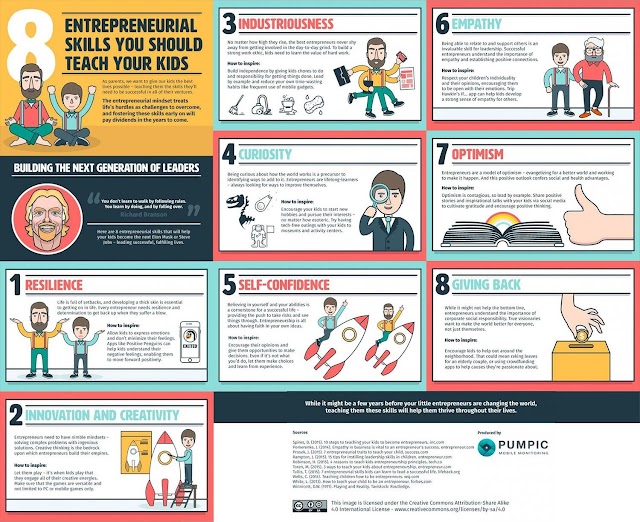 It teaches appreciation for everyone’s life.
It teaches appreciation for everyone’s life.
Expand the small world of their everyday life. Explore different perspectives, different ways of living, and encourage diversity and tolerance. A huge part of life is learning to live with people who do, think, and feel very differently than you do. Teaching your child that different is not “less than”, wrong, or bad is basic to living in this world. A wise teacher said, “Not instead of but in addition to.”
Practice makes perfect, or at least, better. As with anything you want to master, the more time and effort you spend inspiring your child will reap great rewards for your child as well as for you.
8 tips to inspire your child to study
Home ideas / Family and children
Study, study and study again. The fact that in the modern world without knowledge is nowhere, you have already understood the hard way. Now I want to put this into the head of the child, which is not so simple even in theory, not to mention practice.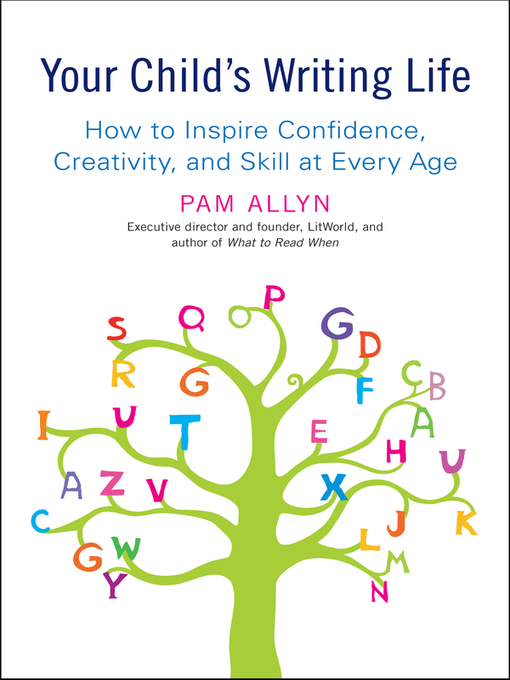 That is why we have selected 8 vital tips for you on how to teach your child to learn - take it into service and go ahead to knowledge!
That is why we have selected 8 vital tips for you on how to teach your child to learn - take it into service and go ahead to knowledge! 1. Importance of the parent example
According to statistics, in the CIS countries people on average read only 5 books a year. Do you like to read? Are you interested in daily news and what is happening in the world around you? To convey a true love of learning, you need to be an example of this love. Therefore, we adults must first challenge ourselves and become "eternal students" with pride and humility.
2. Secrets of knowledge
Every day is a lesson in life, at any age, unless you consider yourself too old or experienced. Keep asking questions, being curious, and developing an open mind is a resource that can make you a better, more active, and wiser person. And with you and your child (see point 1). As experts explain, this approach is good for the brain and fights aging. Let the house be filled with flowers, books, drawing materials, maps. Inspiration drives learning. It is more difficult for a child to fall in love with reading when parents do not read and there are no books at home.
Inspiration drives learning. It is more difficult for a child to fall in love with reading when parents do not read and there are no books at home.
Are your children enrolled in the library? Getting together and getting lost on the shelves is a way to spend a day with family and explore new areas, delve into school studies. Whether it's comics or craft books, the challenge is to travel on the wings of fantasy, ignite enthusiasm, open doors to the unknown. Show your student the true beauty of knowledge.
3. The Importance of Space
You can study anywhere, but finding peace of mind really helps you focus. If the house allows it, it will be helpful to set aside a corner with bookshelves and a large table that can accommodate all the creative activities of the child. Hang a planisphere or an ordinary map of the world on the wall - this will help you to delve into geography in a creative and interesting way. But it is better to turn off the computer and the TV or even remove it altogether - they distract a child who is not yet able to concentrate.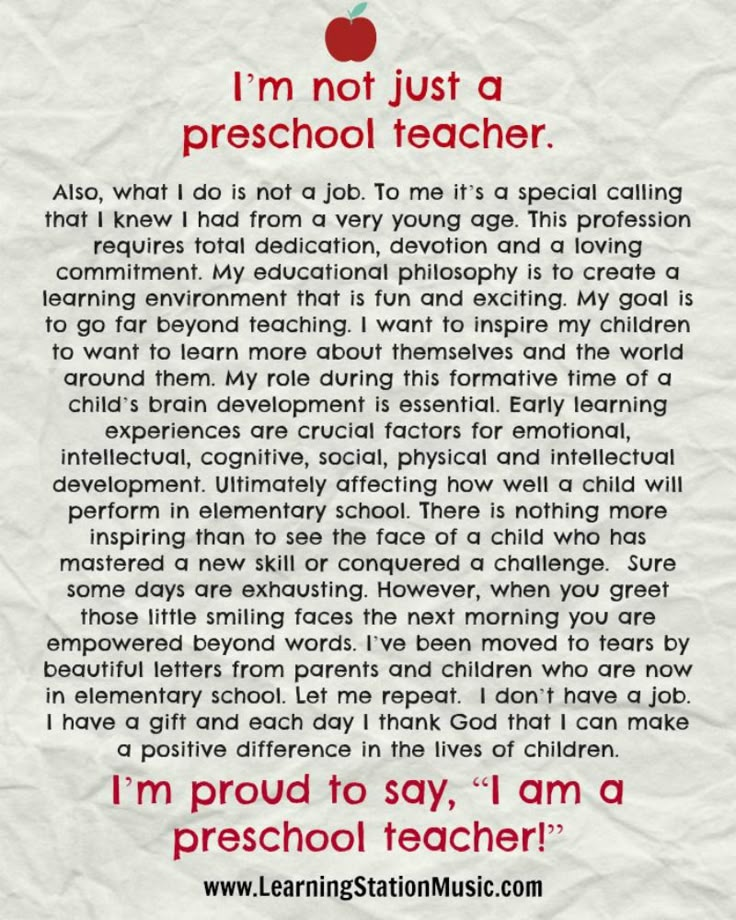
4. Peace and concentration
A quiet environment helps not only you, but also your child to concentrate. However, true calmness is the ability to create a serene atmosphere, without shouting and constant distractions.It is important to bear in mind that learning is a new adventure for a small student. He may spend a lot of time or be too slow - this is normal. In such cases, you do not need to annoy either yourself or him. Do not push the child, do not speed up his pace - haste does not help to work better.
Didn't finish your soup? You go to do your homework. Didn't collect toys? Run to write a dictation. It is better not to punish the child with study. After all, people abruptly stop wanting to do something if they are forced or threatened - children are no exception.
The first and basic rule is to read the diary carefully so that you act in chronological order, doing things step by step.
5. Organization of the learning process
Time spent on homework should be organized consciously.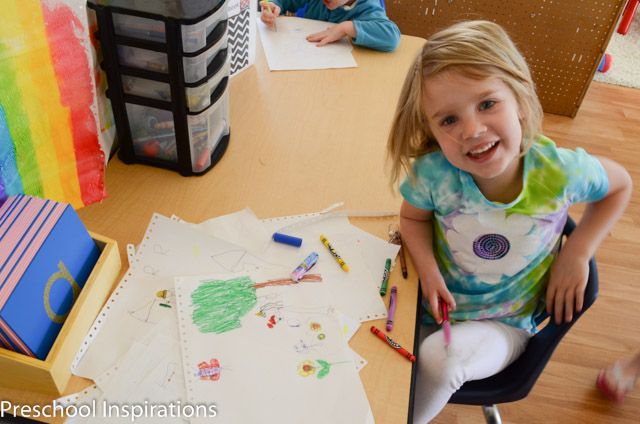 Therefore, it is important to establish a beginning and an end and try to reduce distractions.
Therefore, it is important to establish a beginning and an end and try to reduce distractions. Organize a moment of relaxation right after dinner. When a child gets tired, and he gets tired very often at first, he cannot think coherently. As experts explain, a break is necessary for everyone - both children and adults. It allows you to step back and has a regenerating effect.
6. Effective Learning Techniques
Reading, underlining, and using bright markers to highlight key concepts helps with learning. But! The page should not be completely colored, otherwise the meaning of the highlight will be lost. What is the text talking about? Summarizing concepts as if we were telling them to someone improves understanding and how we express ourselves. And, on the contrary, repeating a lesson from beginning to end by heart does not bring any benefit: it is better to ask questions, interrupt, jump from one topic to another. Explain all this to the child - then it will be easier for him both in high school and at the university.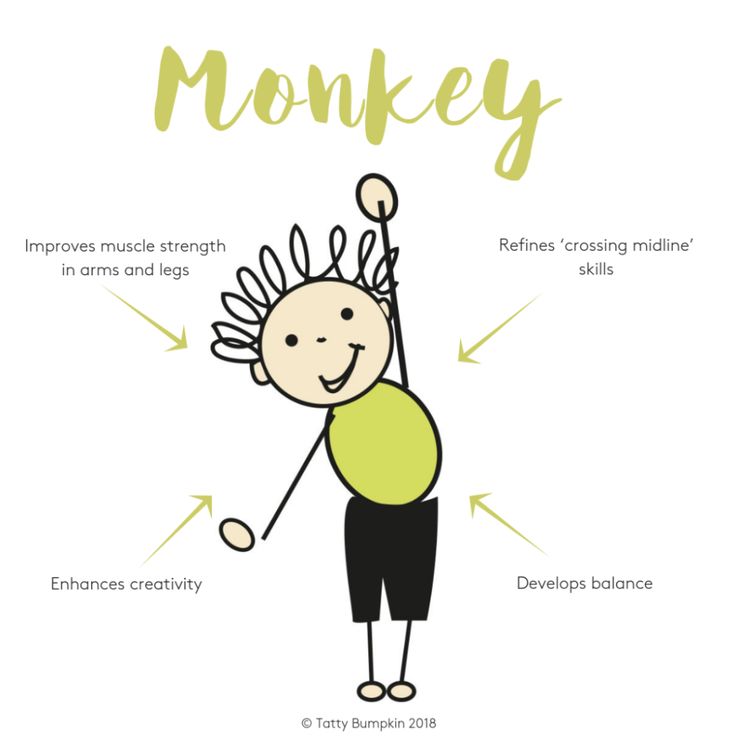
7. Importance of own opinion
It is not necessary to memorize; the real goal is to get an understanding of the material, to know how to use it at the right time, to ask questions, to be critical.Be sure to talk about critical thinking: let the child not be afraid to go beyond the rules, to question the thoughts of others. It is very important to defend your own opinion, while listening to the opinions of others, to value your own experience and the experience of others.
8. Independence
While he is doing homework, what do you do? Except for younger children who may need help reading and understanding the exercises, you'd better step aside. To become more independent, a child needs to learn to act alone, make mistakes, find his own solution. And it doesn't matter what grade he gets and how many mistakes he makes. The main goal is to make it clear to the child that the truth is known only through their own trial and error.
And as much as you would like to protect your child from everything bad and do all the tasks for him, you need to let him take full responsibility for his actions. Very often, children begin to get high from such a sudden sense of adulthood, which clearly adds to their desire to learn.
Finally, the most important advice is to communicate with your child. Explain, show examples, travel, ask for his opinion - then he himself will want to sit down for lessons.
Discuss the article
How to inspire a child to study - advice from a psychologist - Teacher's newspaper
By the middle of the school year, many children begin to go to school without enthusiasm, just because "it's necessary." This is especially true for elementary school students. How to support a child in such a situation, what he needs to say necessarily, and what is not worth it at all? This was told by a professor of psychology, a mentor-consultant and the author of the book “Leave Your Child Away! Simple rules of wise parents ” Marina Melia.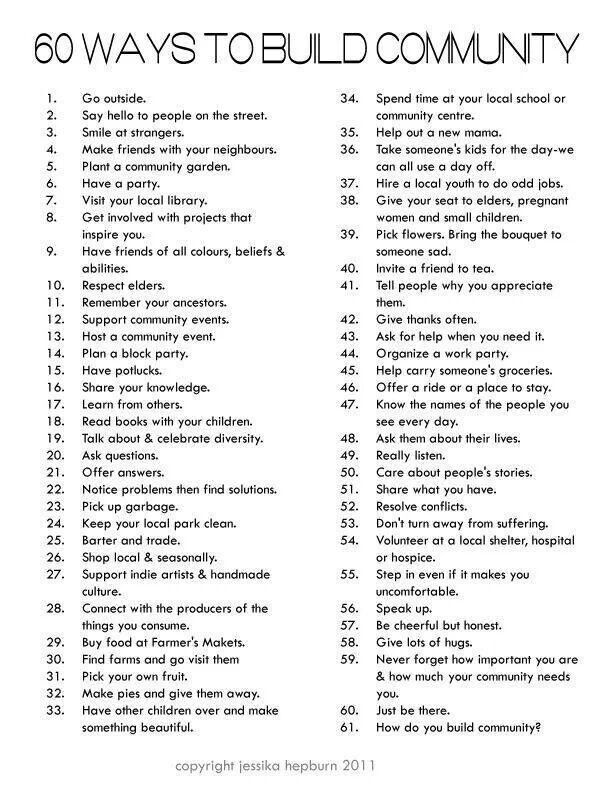
The expert gives parents some advice to help them if the child does not show interest in learning, does homework under duress, and sometimes simply does not want to go to school. They were published by the deti.mail.ru service.
Advice one: don't say general phrases about the benefits of studying
If you notice your child's interest in lessons and classmates is decreasing, and school generally fades into the background for him, you need to find out the reason. Only then should any action be taken.
Regardless of why a child suddenly became so cold to study, one should not encourage him to study. Especially if you are a teenager. Parental phrases about the upcoming Unified State Examination, that without studying it is impossible to be realized in the profession, will only cause irritation. Modern children will give many examples when education did not play a fundamental role in the life path of famous personalities: they will remember both Steve Jobs and Bill Gates, who, without a university bench, could become what they became. The younger generation in this regard today is very savvy.
The younger generation in this regard today is very savvy.
Advice two: praise a child for his efforts, not for his natural abilities
Psychologists are often asked by parents how to praise children correctly and how often it can be done. Praise is an indispensable attribute of education. However, this tool must be used correctly. It is necessary to praise for the efforts made - diligence, patience, perseverance. So instead of “You will succeed because you are the most capable”, it is better to say: “You spent a lot of time today in class, how stubborn you are!”. If praise is addressed to the natural abilities of the child, then the result will be worse. As studies by American scientists have shown, in this case, children stop striving for results, and if the result does not live up to expectations, the child will feel that he does not meet the set bar. He will become afraid of mistakes so that his talent is not in doubt.
When a child receives praise for efforts, in case of failure, he begins to try harder than before. This behavior will lead him to better results.
This behavior will lead him to better results.
Earlier, the Uchitelskaya Gazeta online publication reported on popular “toxic” phrases of parents, which psychologists advise avoiding when communicating with children.
Tip three: don't compare your child with other children
Many parents mistakenly believe that comparing a child with someone else motivates him to further development. In fact, the opposite is true: the comparison causes only awkwardness, and sometimes envy or anger. And this is quite understandable: comparing a person with someone, we devalue his personality. It doesn't matter which way the comparison goes. Such "praise" does not work in the best way, destroys friendship and good relations. For children, friendship is extremely important. Perhaps the only comparison that parents can allow is the comparison of the child with himself in the past: his current successes with previous achievements.
For example: “Today you pulled yourself up 15 times, and yesterday only twelve, well done!” In order to behave in this way and properly praise the child, at first the parents will have to put some effort and watch what they say. But later, this approach will become habitual - and will certainly bear fruit.
But later, this approach will become habitual - and will certainly bear fruit.
Tip four: remember that the process is more important than the result
If you think that praise and rewards are important only when the result is achieved, then you are mistaken. “If you pass the exam with an A, we’ll buy a tablet” is the wrong approach. The results will become more noticeable if parents begin to reward for the action, and not for the result. At the same time, the reward does not have to be material - it can be praise or a trip, a joint trip to some event, you can pay for some intellectual or sports activities.
So it's worth keeping in mind that tactical victories are important, not strategy outcomes. It is better to convey concrete expectations and plans to the child, rather than general judgments. The result will not be long in coming if the child is given clear tasks: ask to do math for 50 minutes or prepare a report on a specific topic. In this case, the child will understand what is expected of him, and will stick to the plan.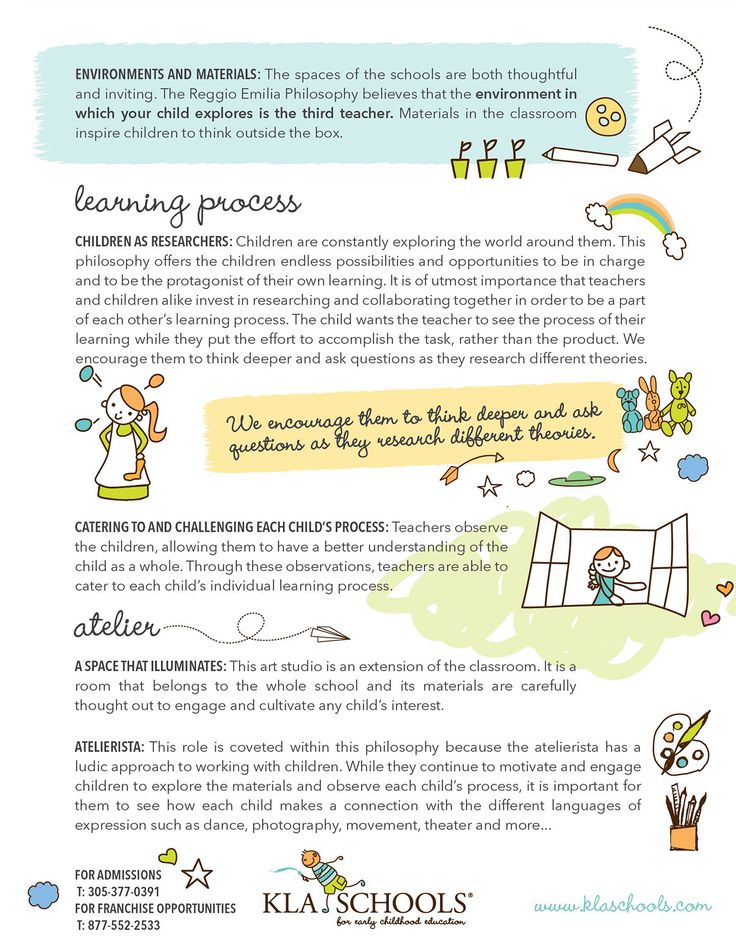
If he is required to study well "in general", to behave well "in general", to pass exams "generally" well, then the student - especially the younger one - is at a loss, because it is still not easy for him to split complex activities into stages.
Fifth tip: you need to teach your child to be independent
It is worth considering that there is no single recipe for how to do this. With one child, you have to do homework together for a long time or make sure that he finally takes them up, and with another, you don’t even have to think about helping with homework - the child does everything himself. Here, everyone is very individual. However, there is still one common point: at the very beginning, as soon as the child began to study in the first grade, parents should definitely be interested in whether he did his homework, what was interesting at school and whether he collected a portfolio for tomorrow. Gradually, these functions can be shifted to his shoulders.



